The Mistaken Meritocracy (DEI's Not the Problem)
The Mistaken Meritocracy (DEI's Not the Problem)
A common, yet flawed argument against Diversity, Equity, and Inclusion (DEI) initiatives paints them as enemies of merit, claiming they unfairly prioritise skin colour over individual achievement. To me this is shallow thinking and misses a lot of deeper whakaaro.
If you idealise meritocracy, you ignore the historical and systemic inequalities that disadvantage certain groups. It’s a blind spot that erases the lived experiences of those facing discrimination and diminishes the very concept of a level playing field. Reducing complex societal issues to mere "brown bums on seats" disrespects the agency and struggles of marginalised communities.
Meritocracy can be visualised with two ladders: one with evenly spaced, intact rungs representing an ideal meritocratic system where everyone has a fair chance to climb based on their abilities and efforts. In contrast, the other ladder, with broken or widely spaced rungs, highlights the flawed reality where systemic barriers and unequal opportunities hinder many from advancing, questioning the true fairness of merit-based advancement.
Framing diversity as an "added complexity" betrays a narrow worldview. Embracing different backgrounds and perspectives enriches environments, fostering innovation and adaptability. True progress doesn't arise from ignoring differences, but from navigating them with cultural sensitivity and respect. The skills required to bridge these cultural divides are invaluable in today's interconnected world, not inconvenient burdens.
I think equally disingenuous is the claim that focusing on race is inherently divisive. This seeks to silence legitimate critiques of systemic bias and shift the responsibility for addressing inequalities onto the shoulders of the disadvantaged. Ignoring uncomfortable truths about power dynamics and historical injustices won't make them disappear; it will only perpetuate the existing imbalances.
Instead of clinging to a mirage of pure meritocracy, let’s embrace some of the amazing tools out there – like DEI initiatives – that can level the playing field (or the ladder rungs). These efforts are not about quotas or handouts, but about ensuring that everyone, regardless of background, has a fair chance to thrive. Embracing these tools, with all their nuances and challenges, is not the enemy of merit; it is the key to building a truly inclusive and equitable society, where the richness of difference fuels shared prosperity.
By reframing the conversation and focusing on the broader context of systemic inequalities, we can shed the misleading cloak of the "mistaken meritocracy" and begin the crucial work of creating a society where every individual, regardless of their background, can truly reach their full potential.
The Culture and Design Lab empowers workplace leaders to create social cohesion at work. We use indigenous knowledge, design, and strategy to foster inclusion and belonging in the workplace.
